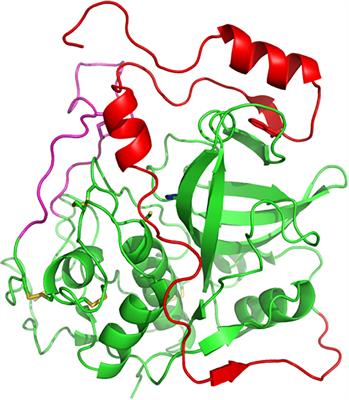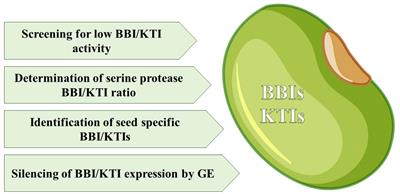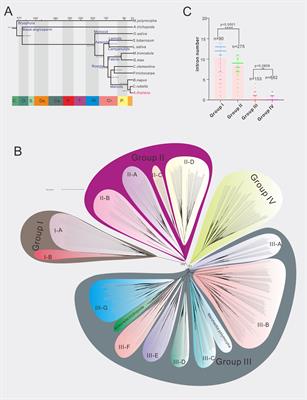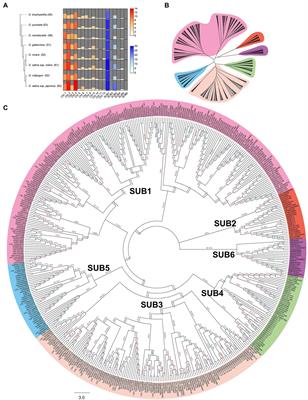EDITORIAL
Published on 09 Apr 2024
Editorial: Plant proteolytic enzymes: contributions and challenges to improve food availability against climate change effects
doi 10.3389/fpls.2024.1398867
- 596 views
3,444
Total downloads
15k
Total views and downloads
You will be redirected to our submission process.
EDITORIAL
Published on 09 Apr 2024
REVIEW
Published on 23 Feb 2024

PERSPECTIVE
Published on 04 Oct 2023

ORIGINAL RESEARCH
Published on 03 Feb 2023

ORIGINAL RESEARCH
Published on 28 Jun 2022

ORIGINAL RESEARCH
Published on 20 Jun 2022

